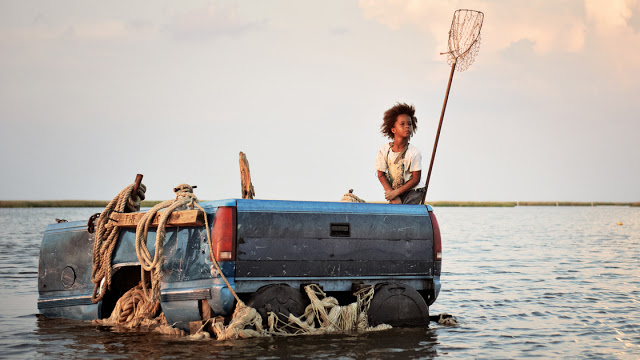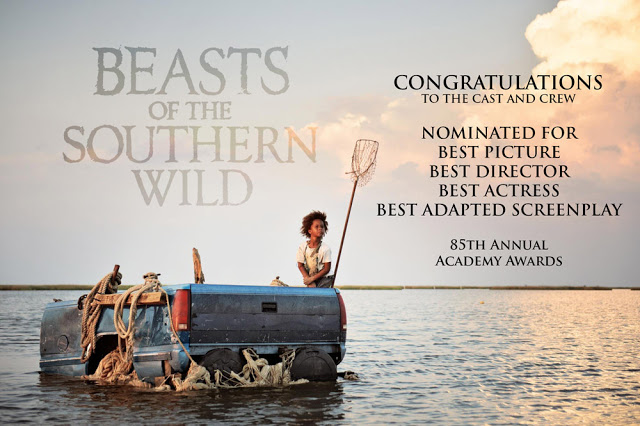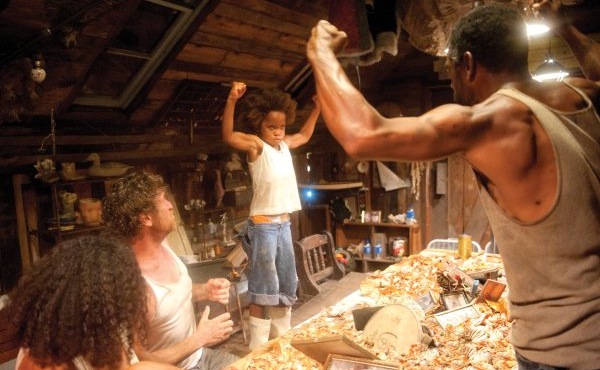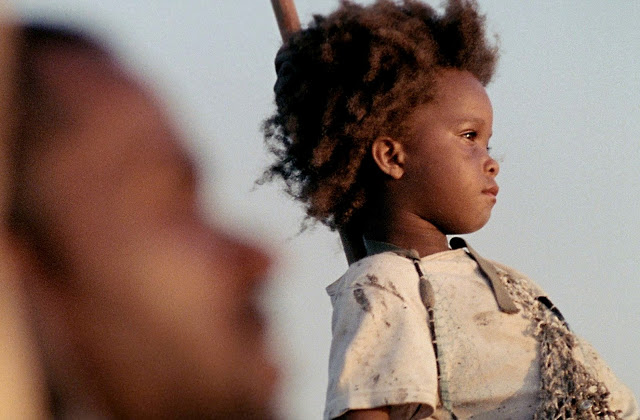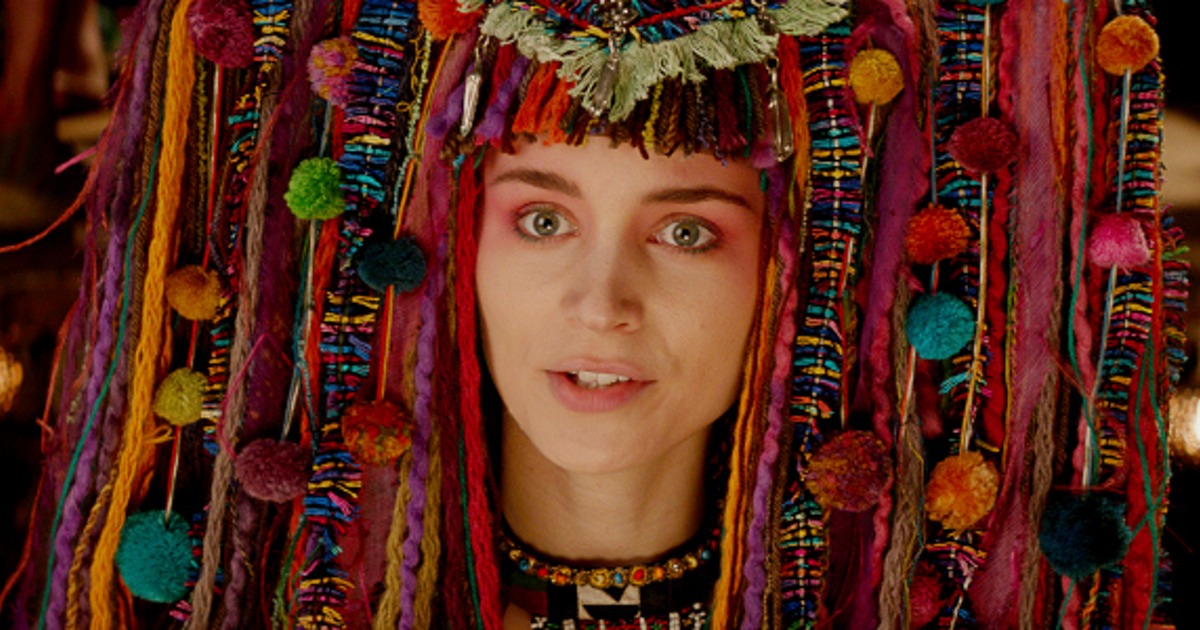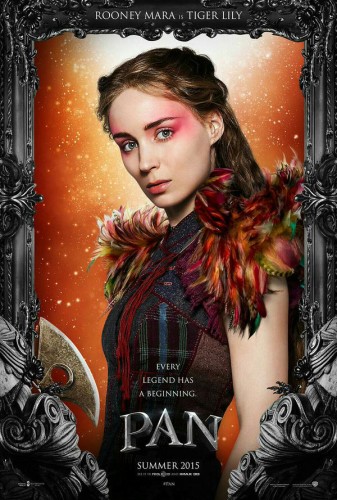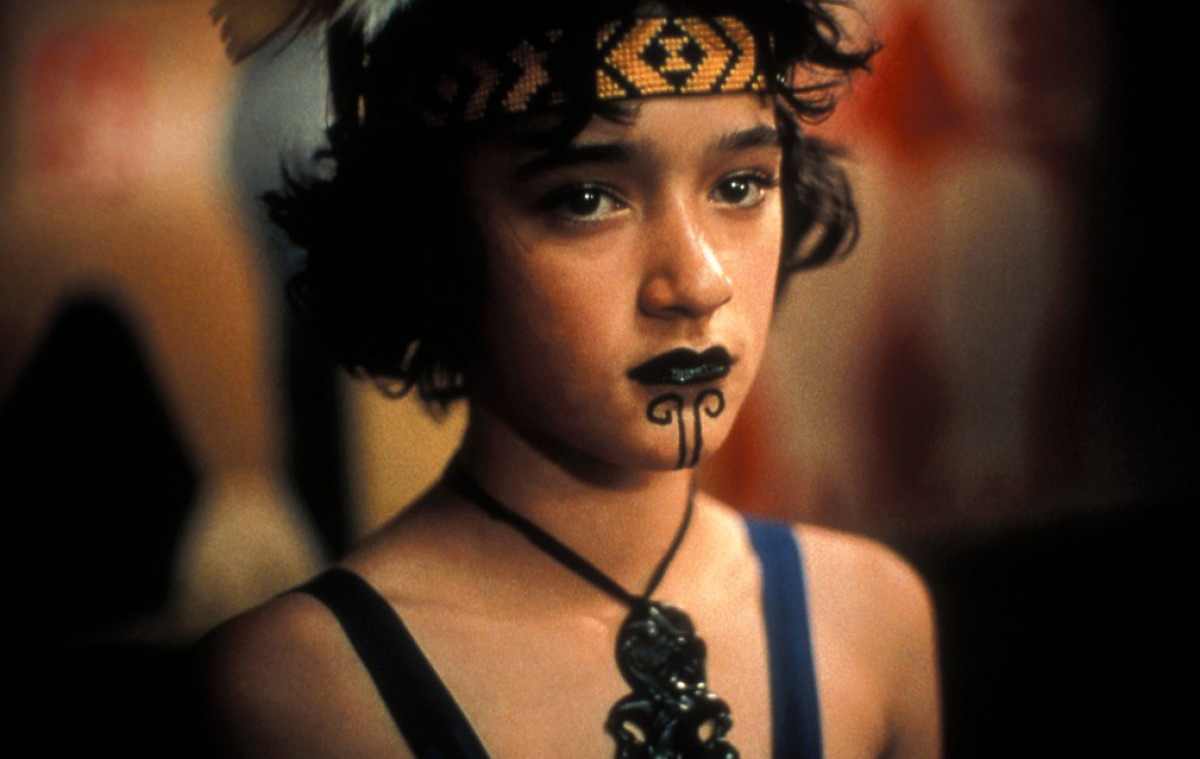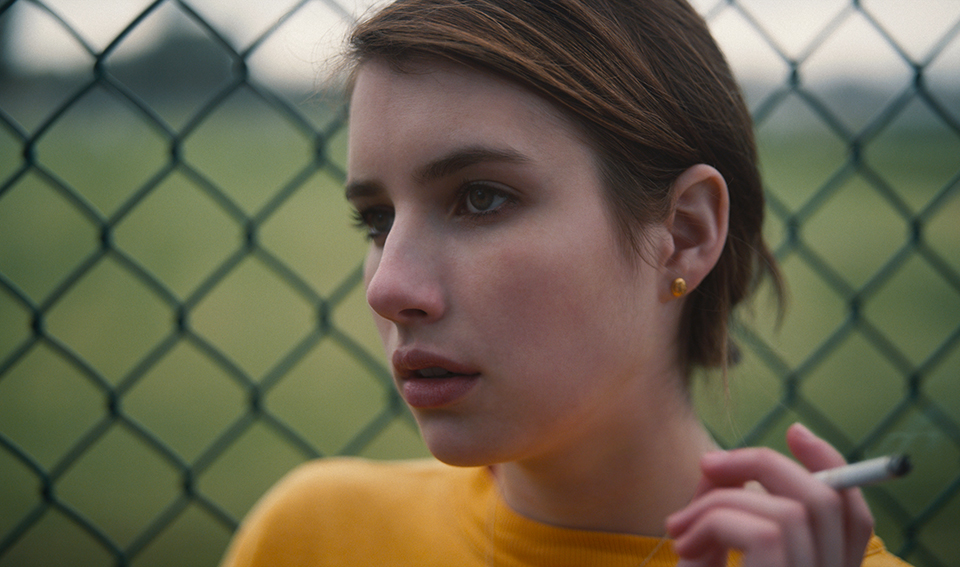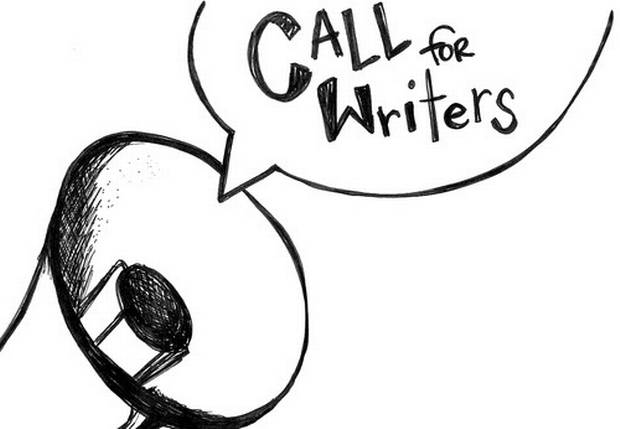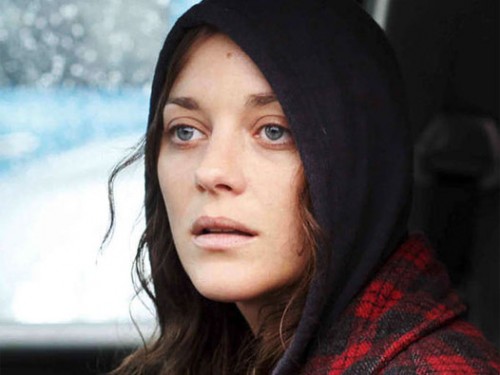2013 Oscar Week: ‘Beasts of the Southern Wild’: Deluge Myths
Quvenzhane Wallis as Hushpuppy in Beasts of the Southern Wild Guest post written by Laura A. Shamas, Ph.D. Warning: spoilers ahead! With the Oscar season in full swing, many of the nominated films released in 2012 are in the spotlight again. Beasts of the Southern Wild is nominated for four Academy Awards: Best Actress, Best … Continue reading “2013 Oscar Week: ‘Beasts of the Southern Wild’: Deluge Myths”
